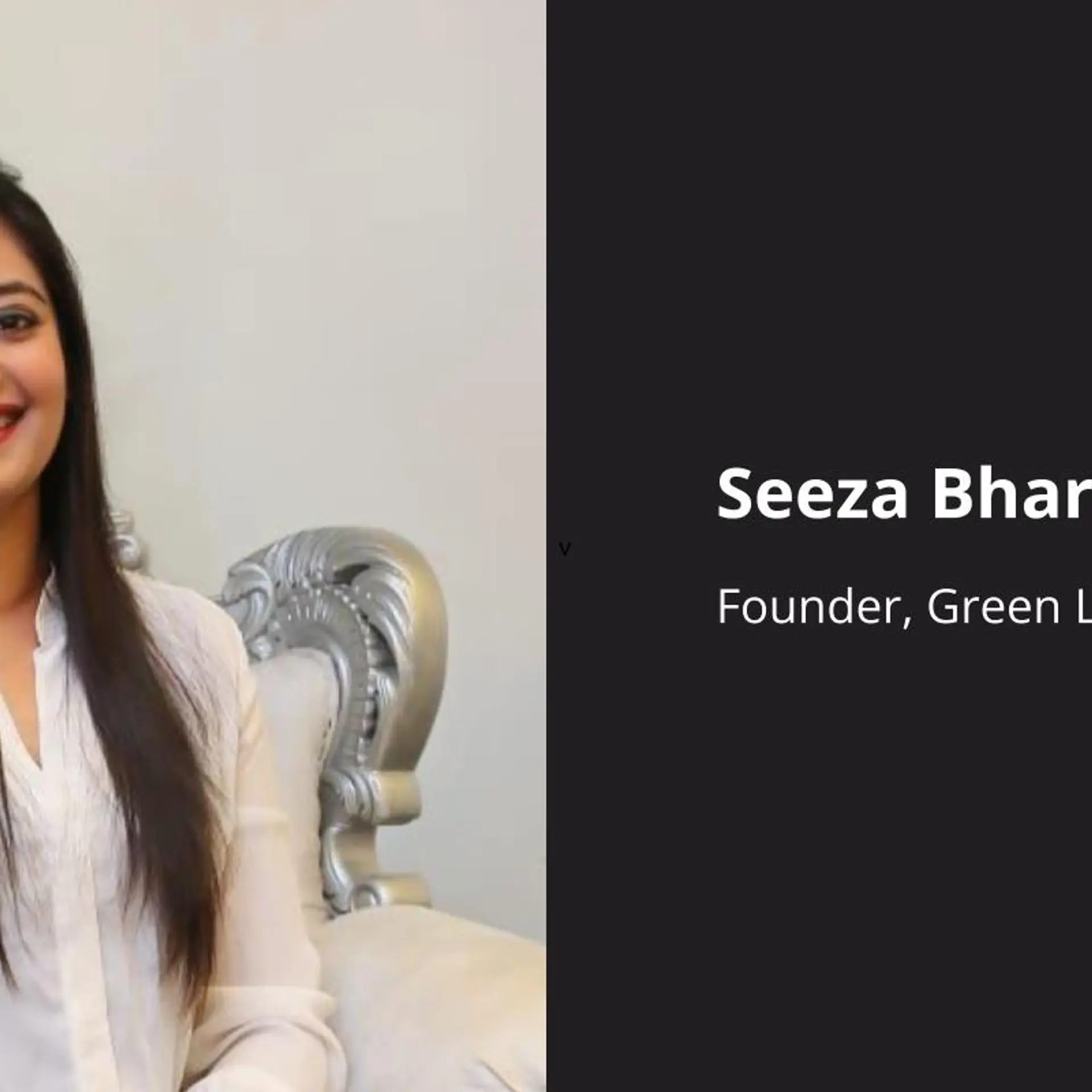On making tech more accessible with sustainable, local approaches: Sashank Rishyasringa
The Co-founder and Managing Director of Axio Finance, formerly Capital Float, spoke at TechSparks on the urgent need to unlock India's large wealth for hundreds of millions of users.
India's fast emerging a tech powerhouse. But how much of that is truly accessible beyond the big cities, and serving as the equaliser that tech's meant to be?
Participating in a TechSparks discussion titled 'Leading the change: Tech for all', Sashank Rishyasringa, Co-founder and Managing Director at Axio Finance, pointed out that many large companies today build products for 1% of the population.
"That is a fundamental problem," he said, adding that companies need to adopt more sustainable and local approaches to build products that are more accessible. "Companies need to extend their offerings to Tier II and Tier III cities."
It was such an approach that put the digital lending company formerly known as Capital Float on the path to success, Sashank said. "This was in 2018, where we were able to put together the first end-to-end digital experience of giving a loan to micro-entrepreneurs instantly in 90 seconds on their mobile phone."
Axio started by offering loans to small businesses before diversifying into consumer finance with buy-now-pay-later offerings, credit and personal finance management. "We started out in 2013, when fintech wasn't a term; it was a pre-UPI, pre-Jio era. It was hard work," Sashank said.
Axio is backed by Elevation Capital, Sequoia India, Lightrock, Creation Investments Capital Management, Ribbit Capital, and Amazon.
When should you raise funds and what can be the debt-equity ratio? Experts answer
Building tech for all
Just as Axio pivoted in 2018, it had to deal with the aftereffects of the IL&FS crisis—the result of a slowdown in investments in real estate, followed by tough monetary policies and a hardening of regulatory norms.
"That crisis taught us how to manage the firm through credit cycle, how to think about risks, and how to think about economics," Sashank said.
Shortly after, Axio partnered with ecommerce platforms including Amazon, and expanded its offerings to tier 2 and tier 3 cities.
"One factor that drove us to success is we created a marriage between credit and commerce. A year later, we were able to embed our services with large ecommerce platforms like , and ," Sashank said.
Then, during the pandemic, something changed, as the lockdowns forced more people to shop online—making for a new habit for many "We saw an increase in customer numbers and, despite the lockdowns being lifted, the trend continued," he added.
"It took us 6 years to get us to 600,000 customers. It took two years after that to reach from 600,000 customers to 6 million customers, and that's where we are today."
Finding the right 'Product-risk fit'
Figuring out ways to build a product that is sustainable and digital was a considerable challenge, conceded Sashank.
"We started out by trying different products in different segments, and in our industry it is product-risk fit," he said, elaborating, "You need to be able to do digital credit product well, but it's only sustainable if you get the risk right. So that process of PRF defined our journey and got us to this point."
But there's still the issue of unequal allocations of capital in the industry that needs to be addressed, Sashank said.
"I still see the nation's large capital going to product and services of the top 30 companies," he said "Until we figure out how to unlock that wealth (and make it) accessible to 100, 200 million users, we will continue to face challenges."

Edited by Feroze Jamal







